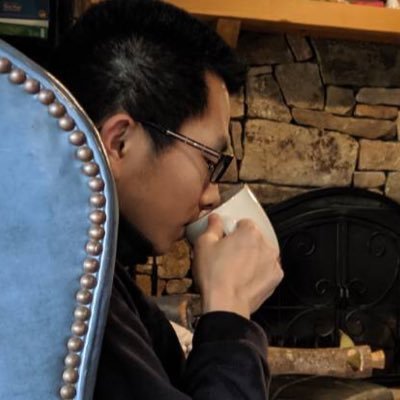結果
| 問題 | No.160 最短経路のうち辞書順最小 |
| コンテスト | |
| ユーザー |
 izuru_matsuura izuru_matsuura
|
| 提出日時 | 2016-06-21 17:43:21 |
| 言語 | C++11(廃止可能性あり) (gcc 15.2.0 + boost 1.89.0) |
| 結果 |
RE
|
| 実行時間 | - |
| コード長 | 2,553 bytes |
| 記録 | |
| コンパイル時間 | 1,643 ms |
| コンパイル使用メモリ | 178,400 KB |
| 実行使用メモリ | 8,448 KB |
| 最終ジャッジ日時 | 2024-10-11 18:25:24 |
| 合計ジャッジ時間 | 8,813 ms |
|
ジャッジサーバーID (参考情報) |
judge4 / judge3 |
(要ログイン)
| ファイルパターン | 結果 |
|---|---|
| sample | AC * 3 RE * 1 |
| other | RE * 3 TLE * 1 -- * 22 |
コンパイルメッセージ
main.cpp: In function ‘bool {anonymous}::operator<(const {anonymous}::State&, const {anonymous}::State&)’:
main.cpp:56:5: warning: no return statement in function returning non-void [-Wreturn-type]
56 | }
| ^
ソースコード
#include <bits/stdc++.h>
using namespace std;
namespace {
typedef double real;
typedef long long ll;
template<class T> ostream& operator<<(ostream& os, const vector<T>& vs) {
if (vs.empty()) return os << "[]";
os << vs[0];
for (int i = 1; i < vs.size(); i++) os << " " << vs[i];
return os;
}
template<class T> istream& operator>>(istream& is, vector<T>& vs) {
for (auto it = vs.begin(); it != vs.end(); it++) is >> *it;
return is;
}
struct Edge {
int from, to, cost;
Edge(int from, int to, int cost) : from(from), to(to), cost(cost) {}
};
int N, M, S, G;
vector<vector<Edge>> Graph;
void input() {
cin >> N >> M >> S >> G;
Graph.clear(); Graph.resize(N);
for (int i = 0; i < M; i++) {
int a, b, c;
cin >> a >> b >> c;
Graph[a].push_back(Edge(a, b, c));
Graph[b].push_back(Edge(b, a, c));
}
}
typedef pair<int, vector<int>> C;
const int INF = 1<<28;
const C INF_C = make_pair(INF, vector<int>(1, 1000));
struct State {
int v;
C cost;
State() {}
State(int v, C cost) : v(v), cost(cost) {}
};
bool operator<(const State& a, const State& b) {
if (a.cost.first == b.cost.first) {
a.cost.second > b.cost.second;
} else {
a.cost.first > b.cost.first;
}
}
void solve() {
priority_queue<State> PQ;
vector<C> D(N, INF_C);
D[S] = make_pair(0, vector<int>(1, S));
PQ.push(State(S, D[S]));
while (not PQ.empty()) {
State s = PQ.top(); PQ.pop();
int v = s.v;
int cost = s.cost.first;
//cout << v << " " << cost << endl;
vector<int>& path = s.cost.second;
for (int i = 0; i < Graph[v].size(); i++) {
const Edge& e = Graph[v][i];
State nstate;
path.push_back(e.to);
if (D[e.to].first > cost + e.cost ||
(D[e.to].first == cost + e.cost && D[e.to].second > path)) {
State nstate;
nstate.v = e.to;
nstate.cost = make_pair(cost + e.cost, path);
D[e.to] = nstate.cost;
PQ.push(nstate);
}
path.pop_back();
}
}
cout << D[G].second << endl;
}
}
int main() {
input(); solve();
return 0;
}
